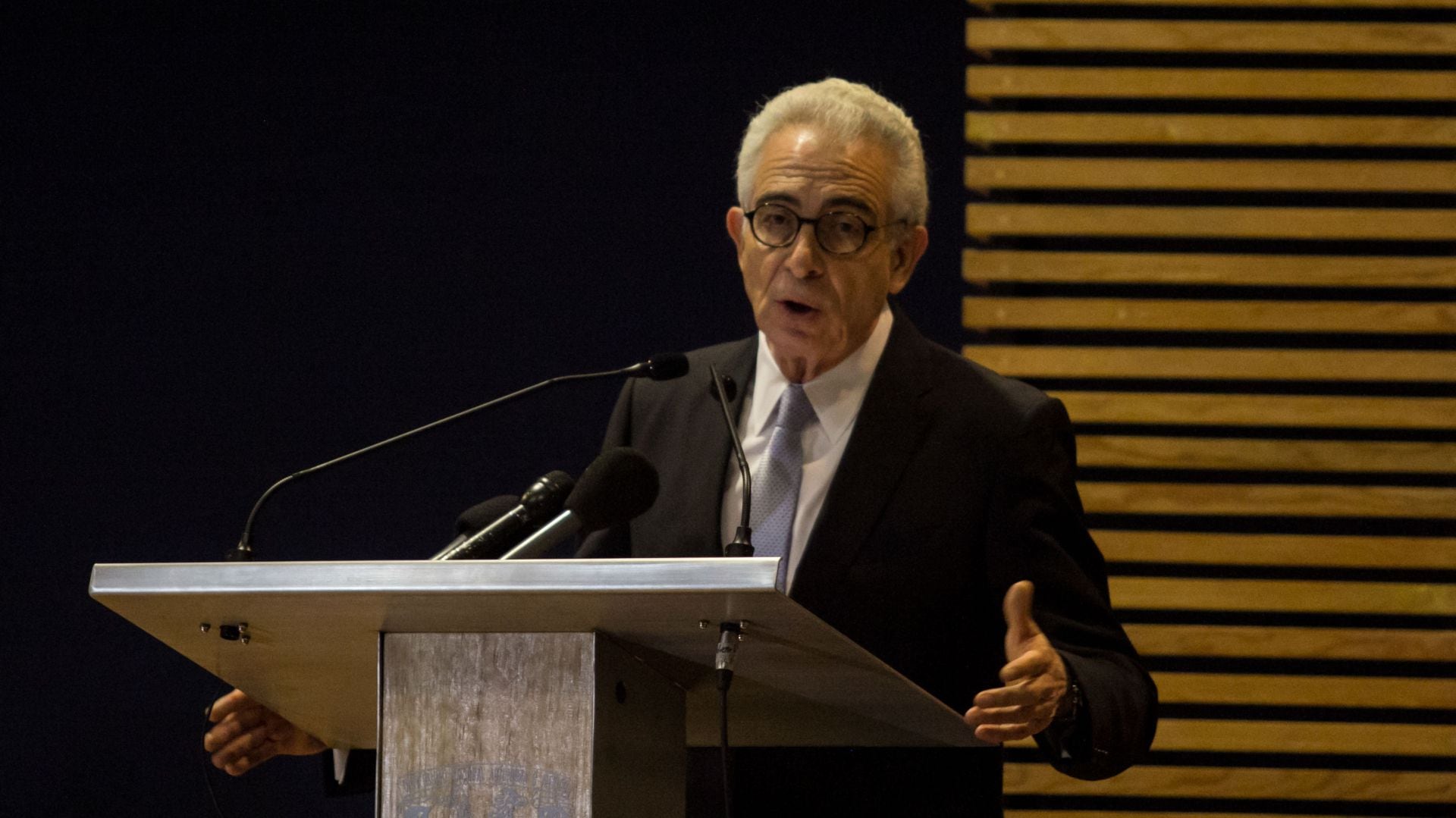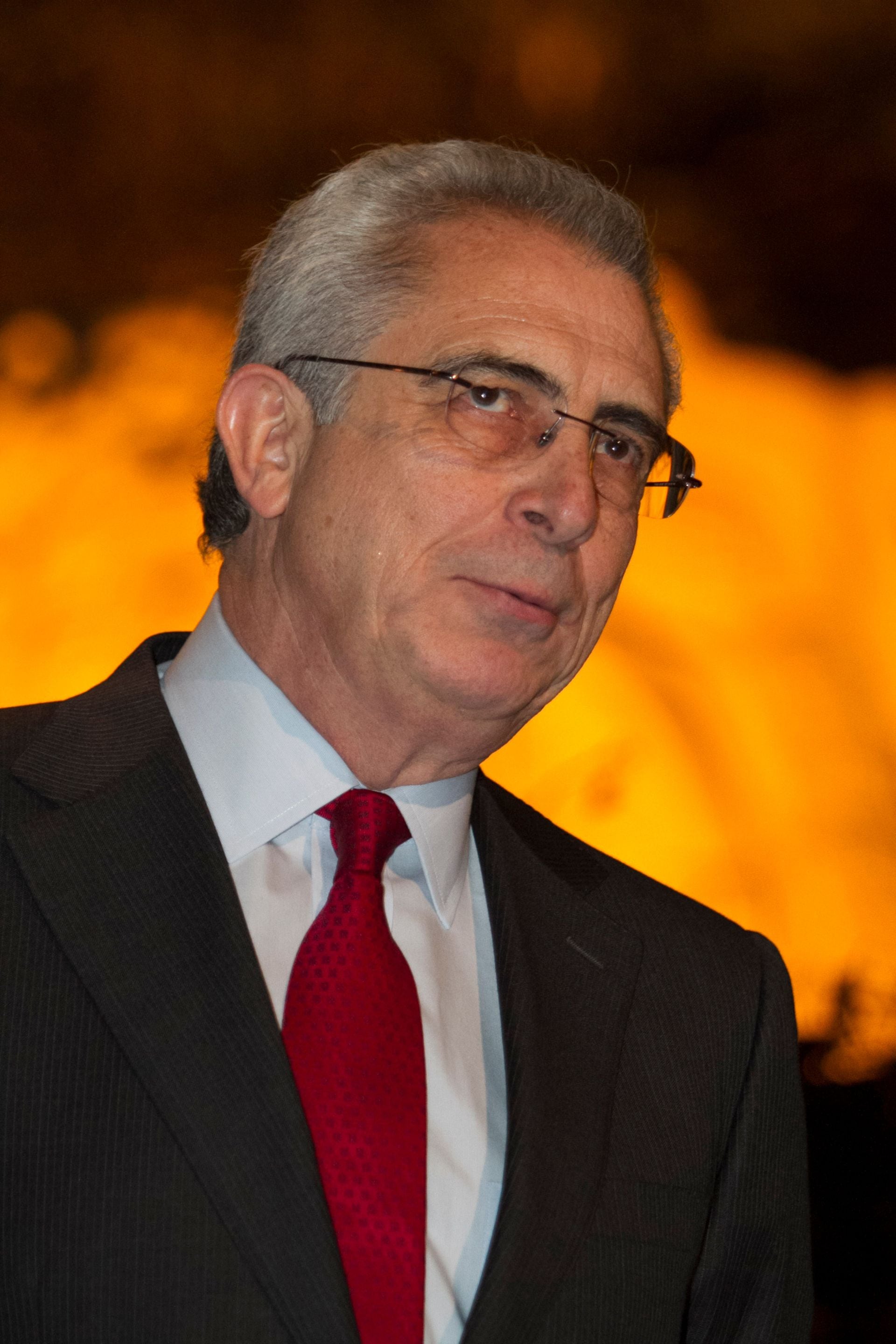
Former Mexican President Ernesto Zedillo reappeared at the virtual conference “Economic Outlook and the Future of Technology in Latin America”, organized by the multinational company NTT Data, where the former president lamented that at the helm of different Latin American countries there is a “wave of populist and inept rulers”.
Although he avoided referring to any specific government, Ernesto Zedillo also took advantage of the space to express his dissatisfaction with the management of the pandemic in this region of the world, since from his perspective it was a “Latin American disaster”. At the same time, he pointed out that Latin American countries were expected to have the highest rates of mortality and morbidity in 2020.
“Let us hope that the wave of populist and inept rulers who are suffering a good number of Latin American countries will be followed, thanks to the democracy that, although damaged we still have, by determined leaders capable of doing what is necessary to ensure that our nations are firmly on the path of development and overcoming of our historical backwardness,” commented the former president of Mexico.

Similarly, the Mexican politician and economist criticized the decision of Latin American governments to stop and reverse structural reforms adopted in the past and which could boost economic development in Latin American countries.
“Contrary to what populist rulers proclaim, the cause of the poor performance of Latin American economies in recent years is not found in the reforms of the late twentieth century and the beginning of the 21st century. In reality, the problem with our countries is not that they had reforms, the problem is that they were never complete enough in their objectives or in their implementation”, explained the former president.
Ernesto Zedillo assured that structural reforms have faced resistance from those who hold the political and economic power of nations. As well as that they “have not been sufficiently explained, deliberate and justified, have lacked the political support of the general public”.
Although former President Ernesto Zedillo did not speak of any specific government or situation, his speech evoked the case of the Energy Reform. promoted by former president Enrique Peña Nieto in 2013.
Andrés Manuel López Obrador has repeatedly shown his intention to stop the structural reform in energy that former President Peña Nieto presented at the beginning of his term in office in the package of initiatives known as” Pact for Mexico”.
In this regard, Andrés Manuel López Obrador presented his so-called Electric Reform, which continues to be evaluated and debated due to the risks that may arise from approving it not only for the country's economic sector but also for the environment.
However, for Ernesto Zedillo, the solution to this problem lies in the support given to these structural reforms and the resistance to vested interests.
“Our societies need to perceive with certainty and confidence what is offered in exchange for the effort to achieve productivity and legality that would sustain economic growth well above what can now be anticipated for the medium and long term,” said former Mexican President Ernesto Zedillo.

Ernesto Zedillo Ponce de León was president of Mexico from December 1, 1994 to November 30, 2000. Successor to Carlos Salinas de Gortari, when he assumed the position of executive leader in Mexico, the president welcomed the country amid an economic crisis and social unrest such as the Zapatista movement or the assassination of the candidate Luis Donaldo Colosio.
Its domestic policy strategy consisted of creating a National Development Plan (1195-200) which, among many other initiatives, included important changes reflected in its Electoral Reform. However, in the economic sector, given the deterioration of the Banco de México's international reserves at that time, his government announced a 15% devaluation of the peso against the dollar.
KEEP READING:
Últimas Noticias
Debanhi Escobar: they secured the motel where she was found lifeless in a cistern

The oldest person in the world died at the age of 119

Macabre find in CDMX: they left a body bagged and tied in a taxi
The eagles of America will face Manchester City in a duel of legends. Here are the details

Why is it good to bring dogs out to know the world when they are puppies




